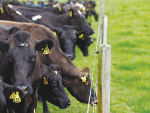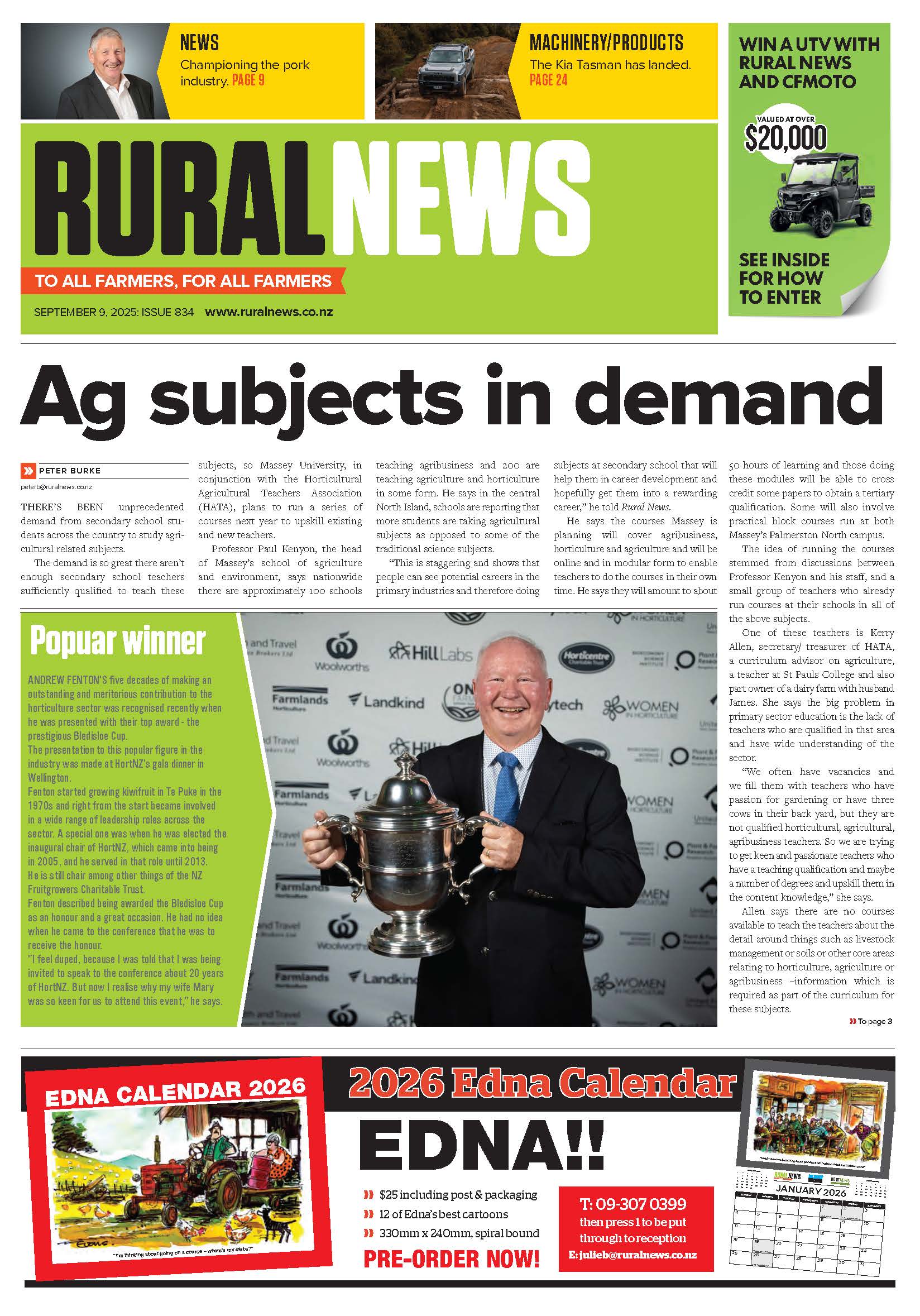According to party leader David Seymour, who announced the policy from a farm in Rotoorangi in the Waikato, the primary sector would be one of the first four sectors to undergo what he calls a ‘red tape review’ by a new Minister and Ministry of Regulation.
“New Zealand’s biggest export industry is tied up in endless red tape,” says Seymour. “If we want New Zealand to have a prosperous future and a productive economy, we need to let farmers get back to what they do best.”
Already set for the chopping block if ACT is elected, Seymour says, are the following:
- He Waka Eke Noa.
- The Accredited Employer Work Visa (AEWV) and the subsequent median wage rule which would be replaced with demand-based pricing.
- The Natural Build and Environments Act.
- Significant Natural Areas.
- The National Policy Statement for Freshwater Management. Instead, ACT says it would return to the 2017 NPS.
- The ‘Ute Tax’.
“There has been an avalanche of red tape and regulation on farmers. These are just the big ticket items, every farmer we’ve spoken to seems to have a fresh example of a new compliance course or form of paperwork they’re having to complete to keep the Government happy,” says Seymour.
He says ACT would task its Ministry of Regulation with working with the rural sector and understanding the burdens farmers face from different regulations.
“Many of the regulations that farmers need to comply with are designed to achieve similar objectives and should be simplified to avoid wasted effort. Other regulations were obviously written by Wellington bureaucrats who have probably never worn gumboots in their life,” he says.
“Farmers need real change,” he says.
“Farmers in countries who are our biggest trading partners are not paying a price for their methane emissions,” says Seymour. “Under ACT, New Zealand farmers wouldn’t either.”
“If we set more aggressive targets than other countries, it will not only harm the economy but also force activity to less efficient jurisdictions, increasing global emissions,” he says.
“ACT wants to see the rural sector given the respect it deserves. That means letting farmers get on with what they do best.”



















